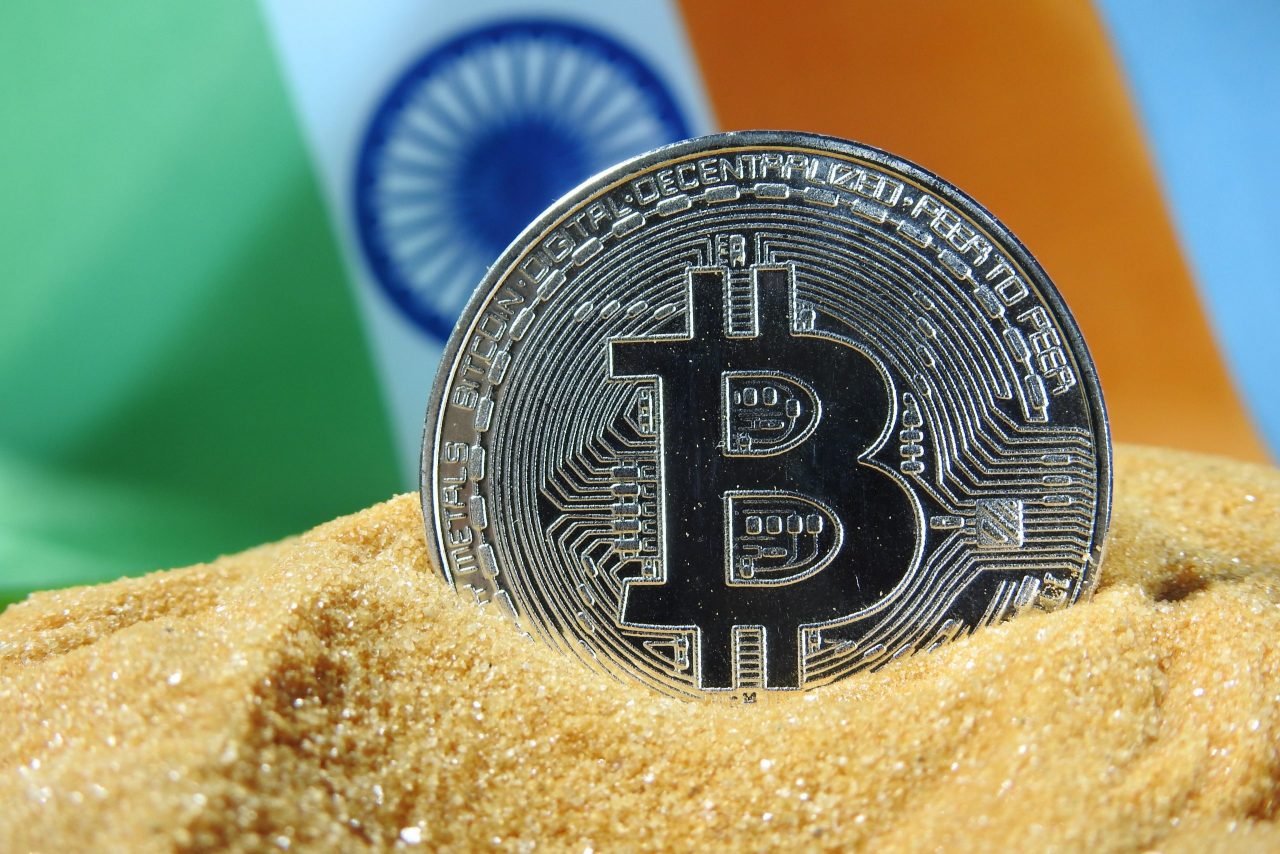In a recent blogpost, the Indian Software Product Industry RoundTable (iSpirt) said that the India Stack project can be used to "help connect the trillion-dollar cryptoeconomy to capital-hungry Indian entrepreneurs." This was followed by another blogpost by tech-investor Balaji Srinivisan who said that the India Stack can support the digital rupee ambitions and enable Indians to use either digital currencies or crypto-currencies interchangbly. Little information has trickled out on what the government and Reserve Bank of India's (RBI) planned crypto-bill and Central-Bank Digital Currency will look like, ever since the news broke over two months ago. Some hints have been dropped along the way, like the Finance Ministers' 'calibrated' approach comment, a change in company disclosure rules and the RBI's musings' on its Digital Rupee project. Both blogs have advocated the use of the India Stack to enable crypto-investments and lending to SMEs in the country. While iSpirt said that crypto-currencies present a "unique opportunity to close the SME financing gap" which stands between $250 to $500 billion, Srinivisan said that by combining India Stack and the Digital Rupee to the crypto-universe, India will have a "a domestic digital currency fully controlled by the RBI and international payments capability that isn’t controlled by any other country." Major public digital projects part of the India Stack program were developed by "volunteers" working with iSpirt and other organisations in the past decade. These include the Aadhaar program, Unified Payments Interface, e-KYC, Digital Locker, the Data Empowerment and Protection Architecture, among others. Accessing…





























